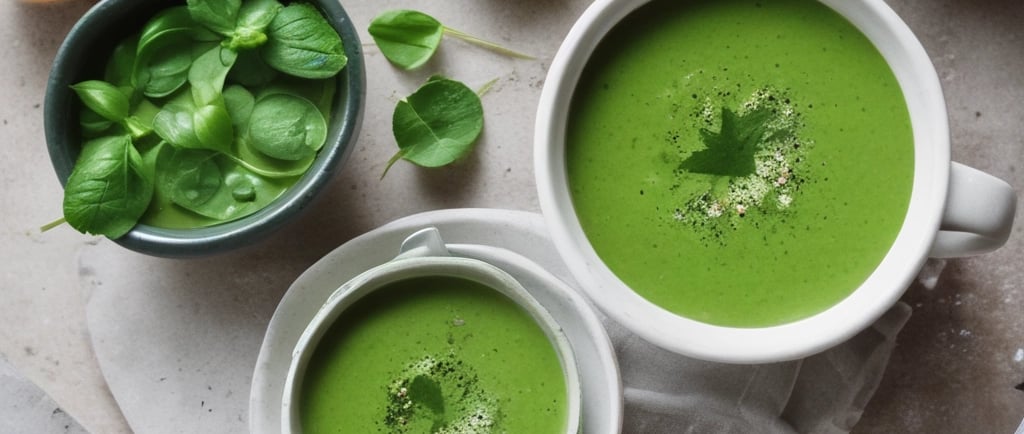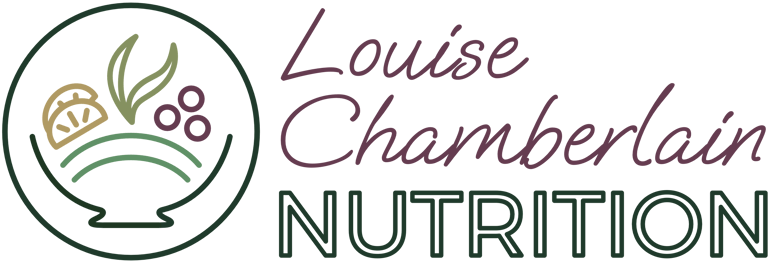Children with IBD Need Extra Nutritional Support—Here Are Three Key Things to Focus On
Inflammatory Bowel Disease (IBD) in children is becoming more common. Crohn’s disease and ulcerative colitis affect a child’s ability to digest and absorb nutrients properly. This can lead to restricted or delayed growth. Proper nutrition isn’t just about managing symptoms—it’s essential for their overall development.
IBD


Parents often feel overwhelmed, wondering what to feed their child, what to avoid, and how to prevent flares while ensuring they get the nutrients they need to thrive. While every child is different, there are three key areas that every parent of a child with IBD should focus on:
1. Prioritising Nutrient-Dense, Easy-to-Digest Foods
Children with IBD often struggle with malabsorption, meaning their bodies don’t always absorb all the vitamins and minerals from food. Additionally, they may experience reduced appetite, food aversions, or discomfort after eating, making it even harder to meet their nutritional needs.
Key Nutrients to Focus On:
Protein – Supports growth and healing. Choose lean meats, poultry, eggs, Greek yogurt, and well-cooked lentils.
Healthy Fats – Help reduce inflammation. Include avocado, olive oil, nut butters (if tolerated), and omega-3-rich fish like wild salmon.
Iron – Prevents anaemia, which is common in IBD. Offer lean red meat, poultry, eggs, broccoli, and spinach. Pair with vitamin C-rich foods like oranges, kiwis, or peppers to boost absorption.
Vitamin B12 - Needed to keep the nervous system healthy and make new cells in the body. A lack of it can cause anaemia. B12 is absorbed at the end of the small intestine and if Crohn's is active in this area it can reduce absorption. B12 is found in meat, fish, eggs, and milk.
Calcium & Vitamin D – Essential for bone health, especially since steroid medications can weaken bones. Include dairy (if tolerated), fortified plant-based milks (watch out for sneaky additives), leafy greens, and safe sun exposure. Note that dairy is quite a common trigger food for kids with IBD. If you notice that symptoms worsen after eating dairy, try goat milk, sheep milk, lactose-free dairy, or plant-based alternatives.
Zinc – Supports immunity and healing. Found in chicken, pumpkin seeds, and whole grains.
Cook vegetables thoroughly (raw vegetables can be hard to digest).
Mince meat and poultry
Choose smoothies, soups, and purees for easier digestion.
2. Foods to Avoid
Each child with IBD is unique, so a personalised approach is key. What works for one child may not work for another. However, some foods are pro-inflammatory and best avoided (and are unhealthy for everyone so the whole family will benefit from reducing or eliminating them).
Highly processed foods – Ultra-processed snacks, fried foods, and processed meats can worsen inflammation.
Artificial additives – Emulsifiers and artificial sweeteners change gut microbiota composition leading to dysbiosis. Removing these can improve symtoms.
High-sugar foods – Can disrupt gut bacteria balance and worsen symptoms.
Fizzy drinks – Can cause bloating, gas, and abdominal pain. They contain either large amounts of sugar or artificial sweeteners, both of which are bad for gut health.
Tip: Keep a food and symptom journal to track what foods trigger symptoms and what foods your child tolerates well. Over time, this can help guide dietary choices.
3. Supporting Gut Health & Healing
Since IBD directly affects the gut lining, supporting gut health is crucial for reducing inflammation and improving digestion.
Ways to Support Gut Healing:
Probiotics – Some strains have been shown to be as effective as mesalamine at inducing remission in patients with ulcerative colitis. There is less evidence of benefits for patients with Crohn’s disease. It’s best to seek professional advice before starting supplements.
Bone broth & collagen – Provide amino acids that may support gut lining repair.
Anti-inflammatory foods – Turmeric, ginger, wild-caught fish, and extra virgin olive oil can help manage inflammation.
Prebiotic foods (as tolerated) – Foods like bananas, cooked onions, and asparagus can help nourish good gut bacteria.
Additionally, stress and anxiety can play a significant role in symptom severity. Encouraging relaxation techniques, gentle movement (like yoga), and mindfulness can complement dietary strategies for better overall health.
Final Thoughts: A Personalised Approach is Key
While these three areas—nutrient-dense foods, avoiding inflammatory foods, and gut health support—are essential, every child with IBD is different. What works for one may not work for another, which is why working with a knowledgeable nutrition specialist can make a big difference in creating a personalised plan that supports their growth and well-being.
If you’re a parent navigating IBD with your child, what challenges have you faced with nutrition?


